Exact Answer: After 48 to 72 hours
Generally, people use antibiotics when caught with any type of infection, consuming alcohol during these antibiotics is not considered a good practice, due to various factors like it leads to dehydration, disturbs sleep, and acts as a hindrance for natural healing capacity. Moreover, few antibiotics react adversely and have specific side effects when combined with alcohol. Antibiotics can fight against bacteria and reduce the growth of it.
Antibiotics are used almost for bacterial diseases; it does not cure a cold or flu. It either kills the bacteria or stops enlarging the number of bacterias. Study says that consuming alcohol along with antibiotics may be more harmful to women when compared with men as they have a higher level of blood alcohol.
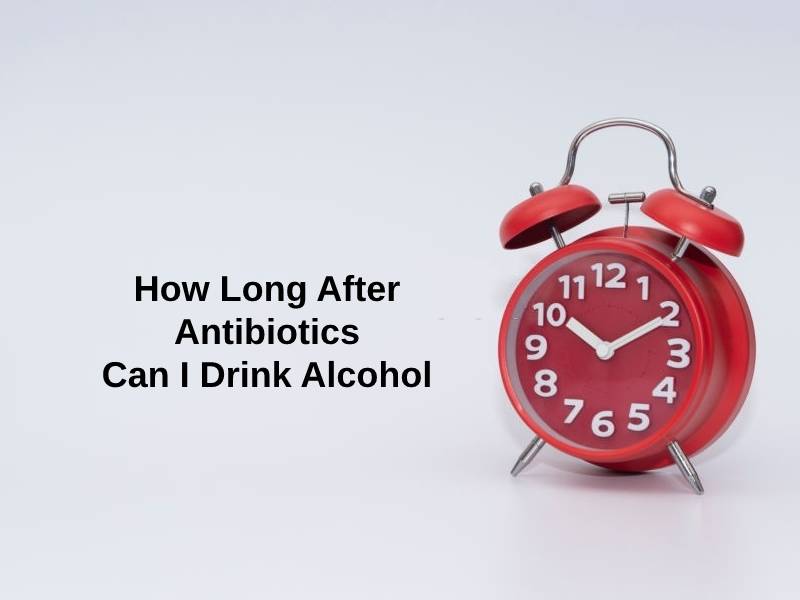
How Long After Antibiotics Can I Drink Alcohol?
Alcohol never acts as a hindrance to the working capacity of antibiotics but when combined results in adverse side effects. In few cases, the effectiveness alters due to the change in the level of drugs in people’s bloodstream. The working function of alcohol matches with few antibiotics, they are broken down similarly by the respective enzymes in the liver.
This metabolic activity by enzymes changes concerning the amount of alcohol consumed and also depends on the frequency. Time to consume alcohol after taking antibiotics always varies with the type of antibiotics. For example, alcohol should be avoided until 48 hours if you have taken metronidazole and this limit extends up to 72 hours in case of tinidazole. These two should never be combined as they have side effects which disturb the mental state of an individual and result in a violent reaction.
This combination does not only slow down the recovery process but also includes a chance of developing a new infection. It is recommended to avoid the alcohol until the completion of the course of particular antibiotics and after regaining the required amount of nutrition. Or you may consume alcohol when the antibiotics have been completely removed from the system which occurs only after three days of the last dose.
Usually, after taking antibiotics, you may feel better within 24 to 48 hours, but the infection or the bacteria may still present in the body. Older people should take maximum care, as the capacity of the liver to metabolize both antibiotics and alcohol reduces. Never stop your antibiotics in between to consume alcohol, it may lead to the return of the same infection.

| Antibiotics | Effects | Time to consume alcohol |
| Metronidazole | Disulfiram-like reaction | After 48 hours |
| Tinidazole | Vomiting and nausea | After 72 hours |
| Linezolid | Elevation in blood pressure | After 48 hours |
Why I Have To Wait That Long To Drink Alcohol After Antibiotics?
Usually, every antibiotic does not lead to a risky reaction when combined with alcohol, but when people take antibiotic therapy, it results in an adverse reaction as already the immune system is weak. It is strongly recommended not to mix as it also causes vomiting, diarrhea, and nausea.
Research says that most commonly both alcohol and antibiotics interactions are with the antimicrobial agent, metronidazole. It is used to treat, lungs and joint infections, stomach, intestine, and skin infections. When metronidazole is combined with alcohol, it results in a disulfiram-like reaction. A very similar reaction takes place with other antibiotics like cefotetan, cephalosporin, and tinidazole which belong to the same category of metronidazole.
These may affect the central nervous system and causes confusion, sedation, drowsiness, and dizziness. The main fact is alcohol is considered as one of the CNS depressants when it is combined with another item that has CNS depressants, additional effects occur. These effects are very risky for older people, and also while driving. It also affects those people who are taking other CNS depressant medications.

Additionally, it is general to cause vomiting, stomach pain, and diarrhea as well as dehydration with few antibiotics. When combined with alcohol, it can worsen more than expected. A common antibiotic, acetaminophen is also broken down in the liver by the enzymes.
But when the liver is trying to break down the alcohol, it fails to work with acetaminophen, which causes liver damage as the drug will be building up in the body. Older people and women should be taken care of as the contents of alcohol stick longer in the blood, where there is a high chance of interaction.
Conclusion
Antibiotics are most commonly used and preferred by both doctors and people and it is one of the important drug classes of medicine. Taking rest and drink fluids in larger amounts except alcohol is the best way to deal with bacterial infections. Avoiding alcohol during the medication significantly increases the rate of recovery.
It is not enough to skip a single dose to consume alcohol as it takes a minimum of three days to clear out from your system. So it is strictly prohibited to skip the dose of antibiotics until the prescribed duration. There are no restrictions after three to four days of completion of the entire medication.

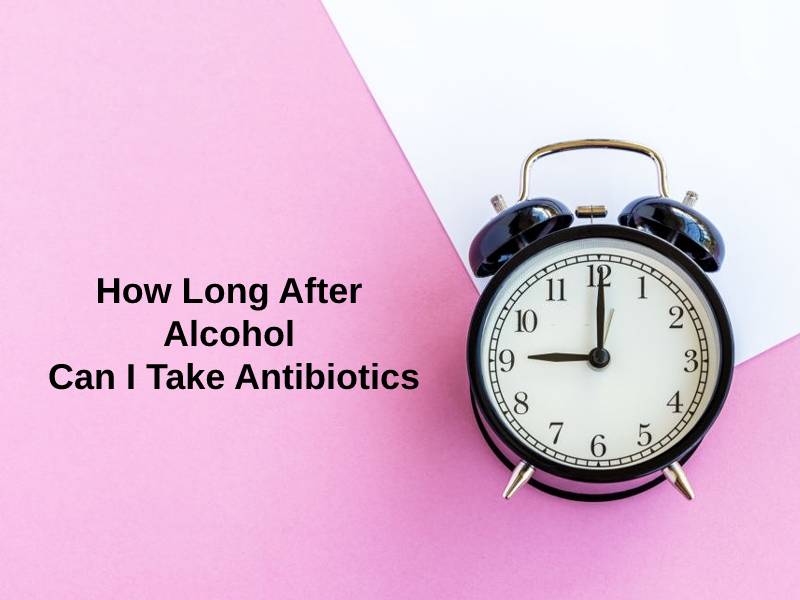
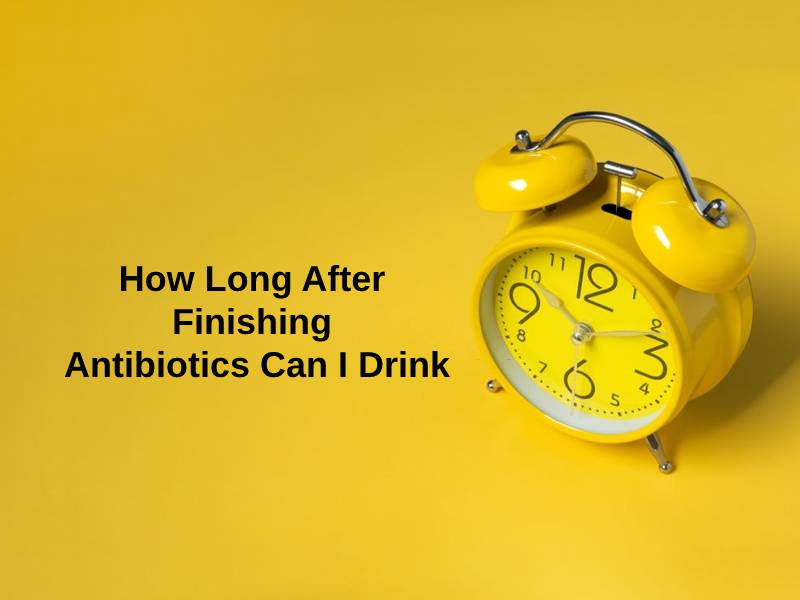
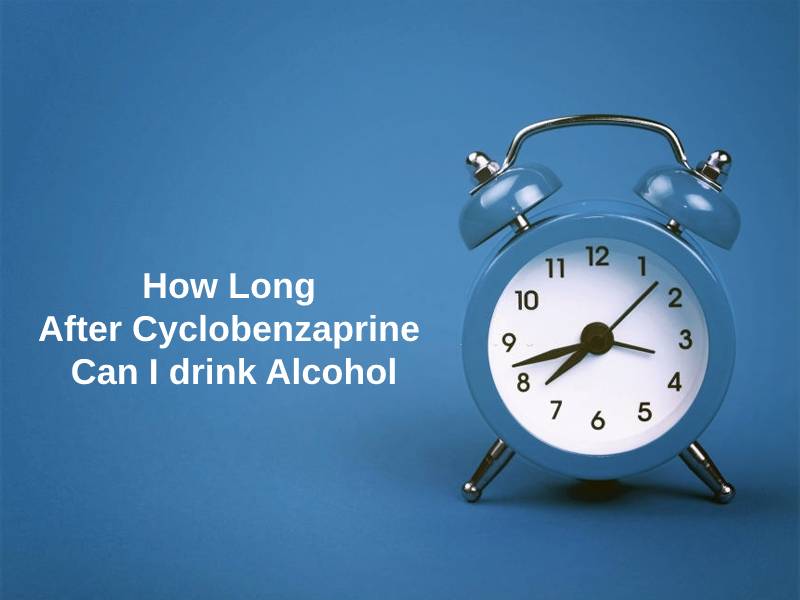
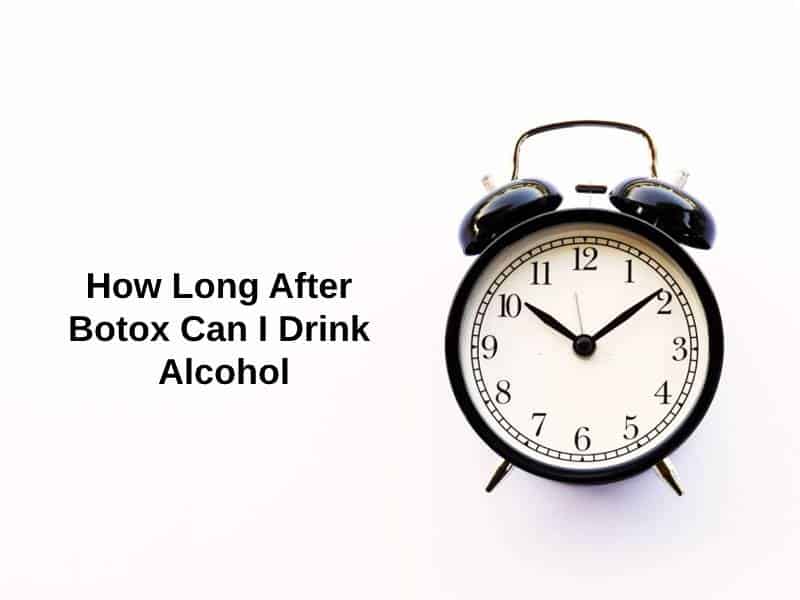
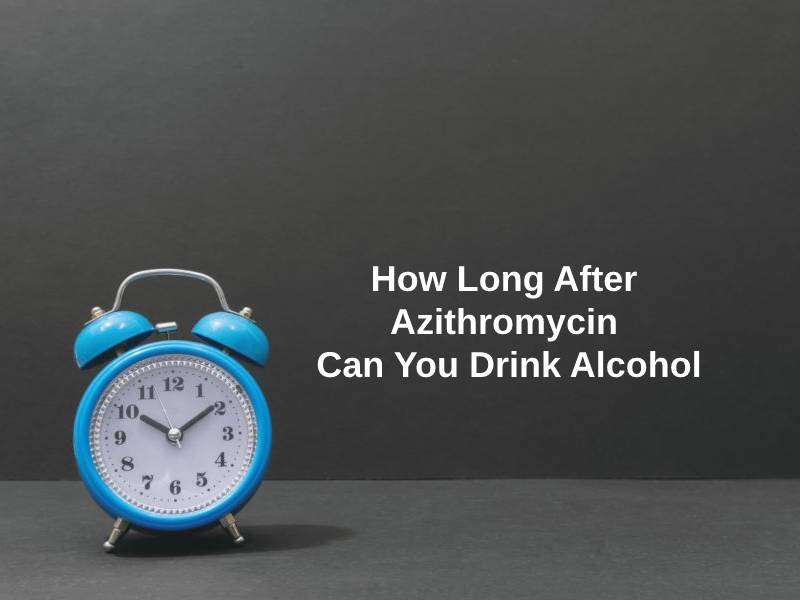
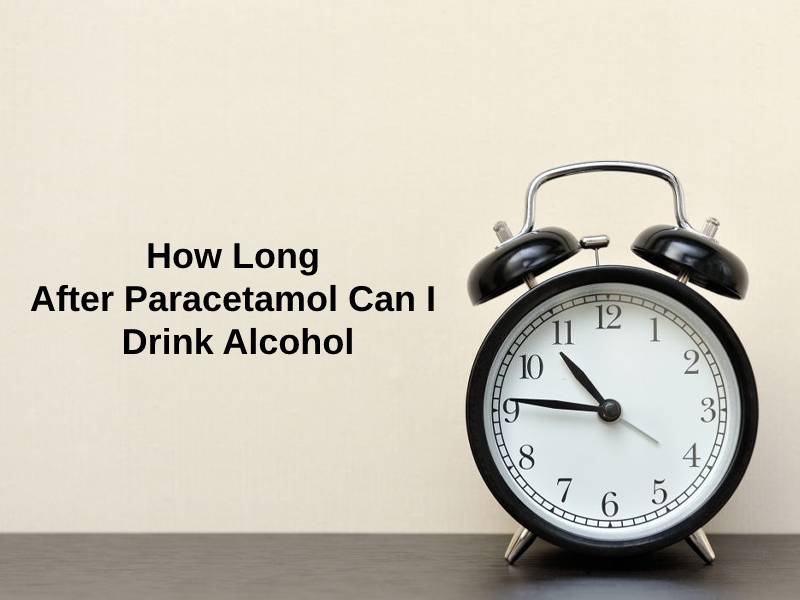
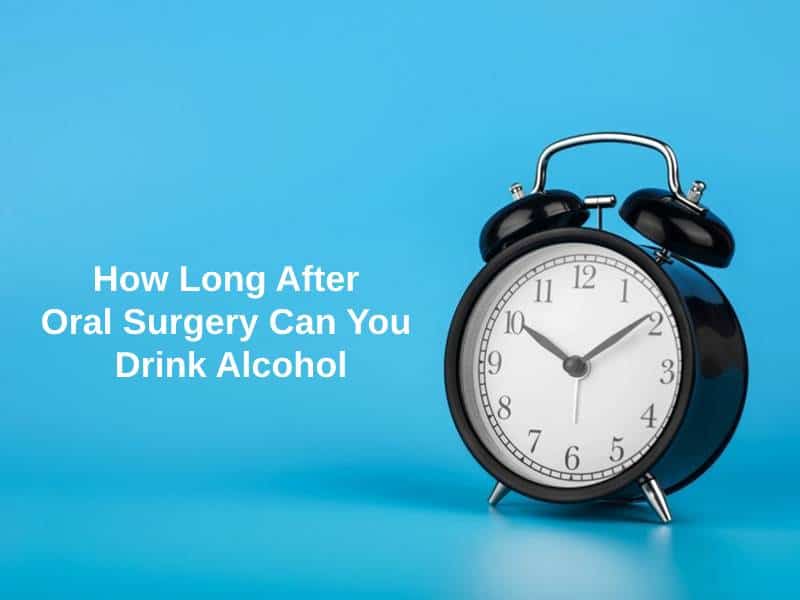
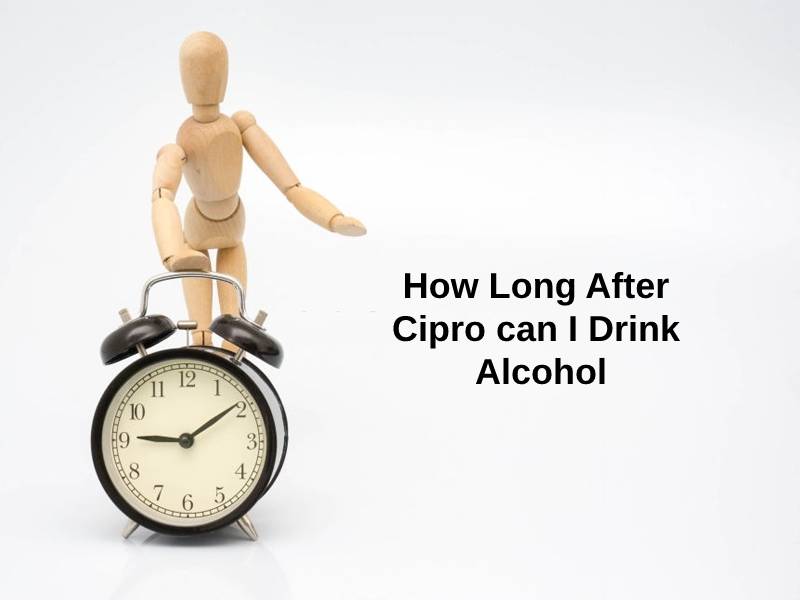
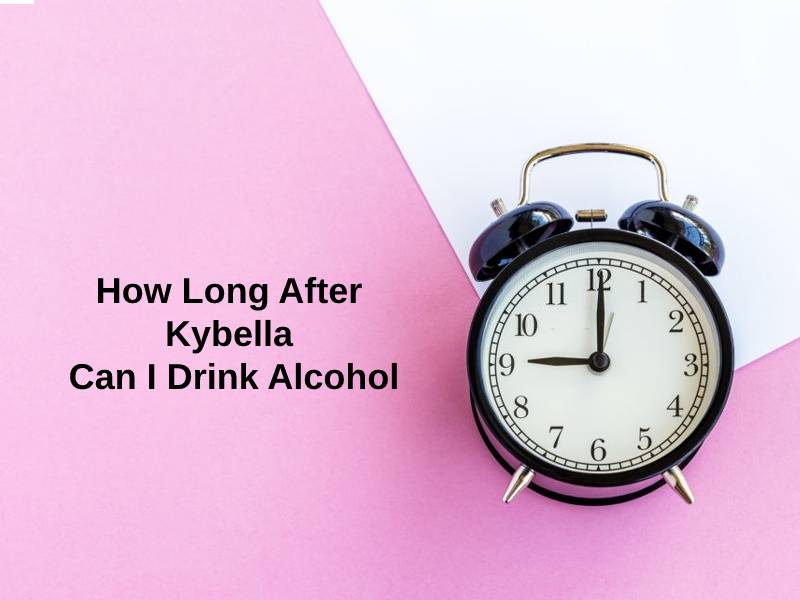
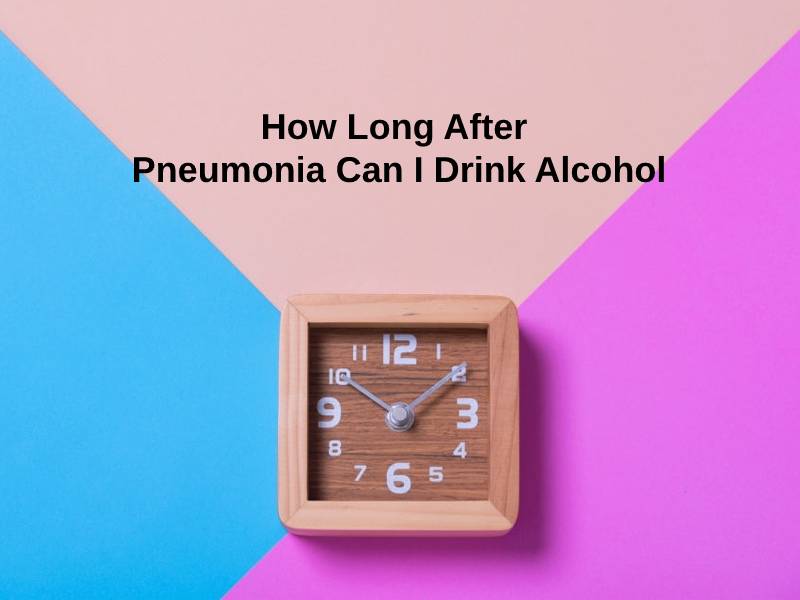
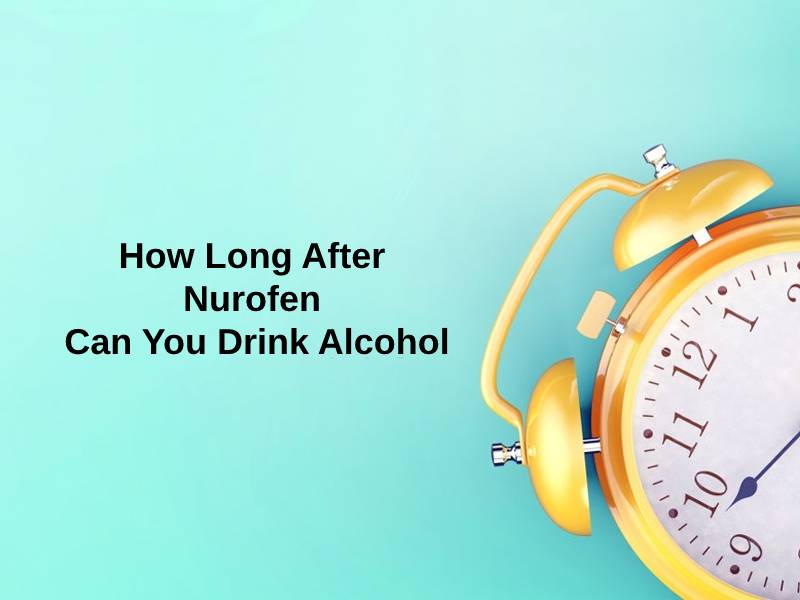
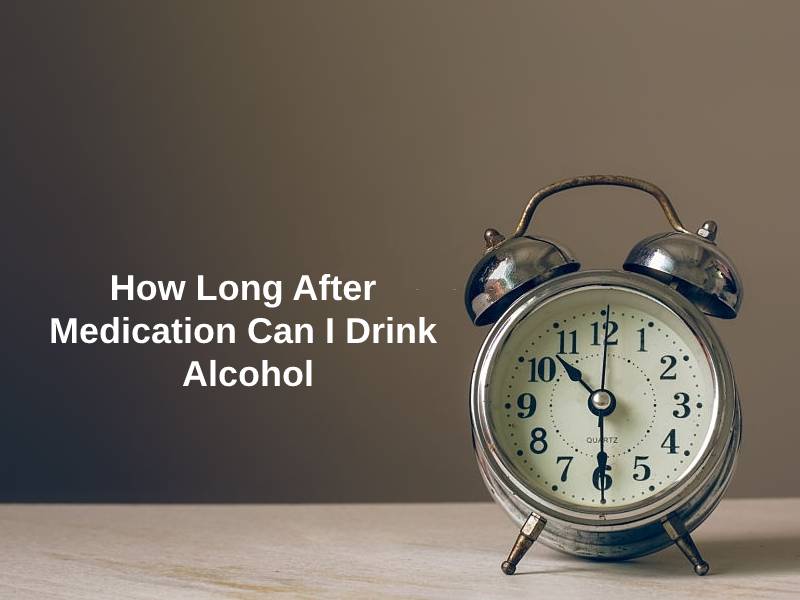
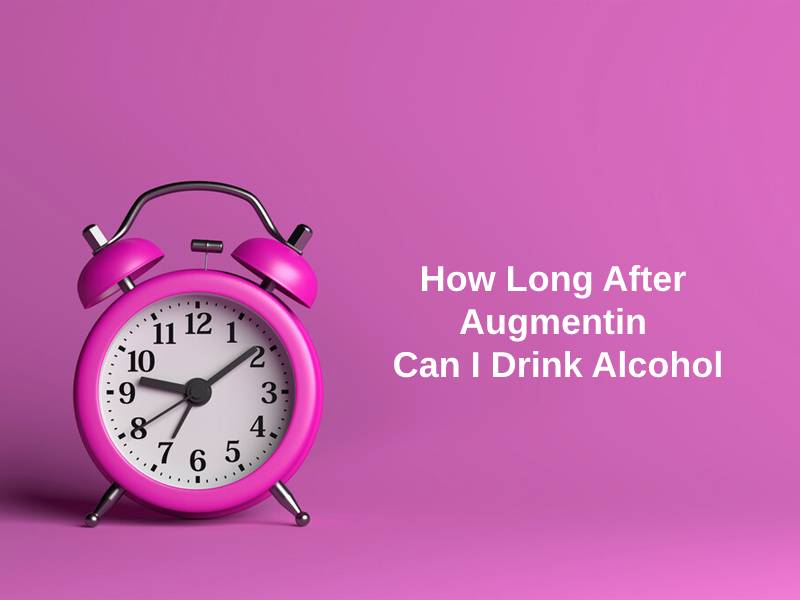
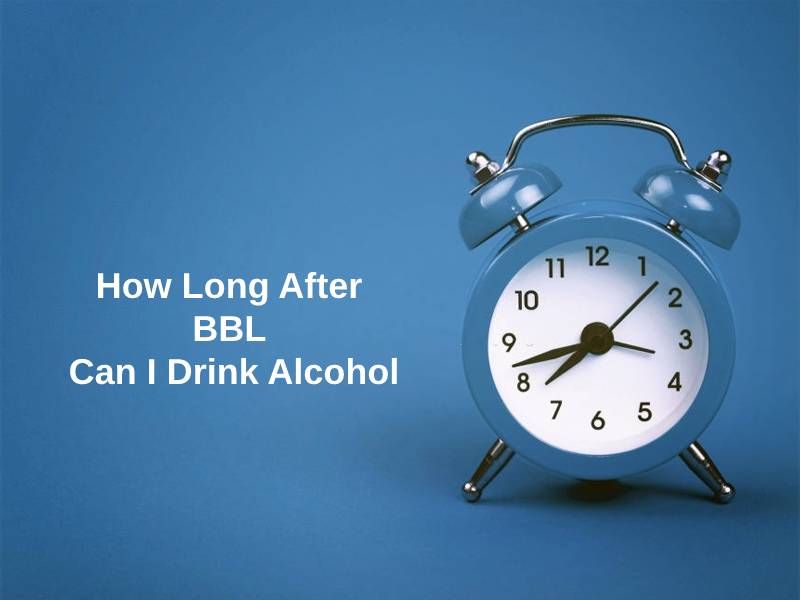
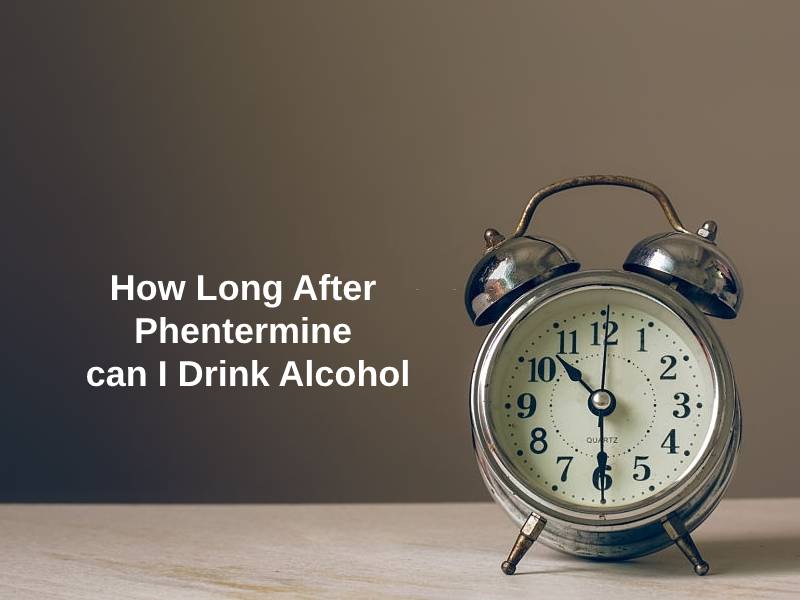
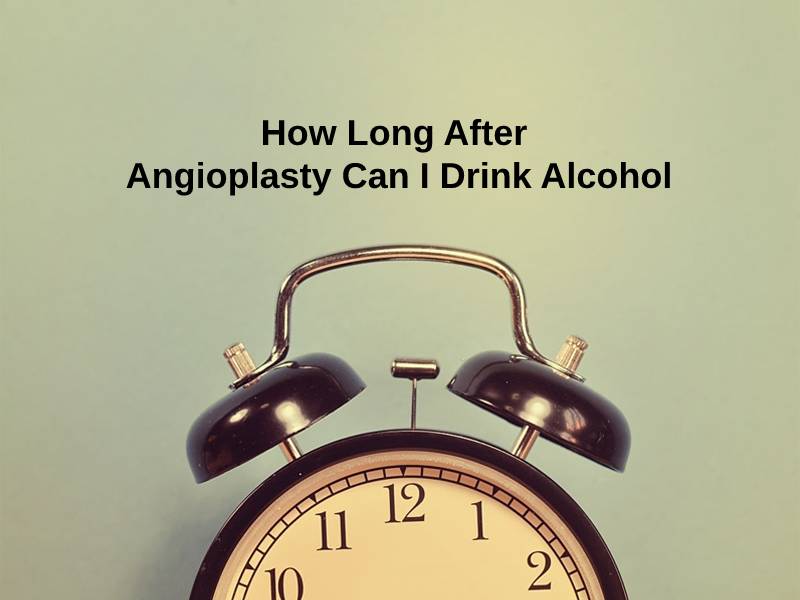
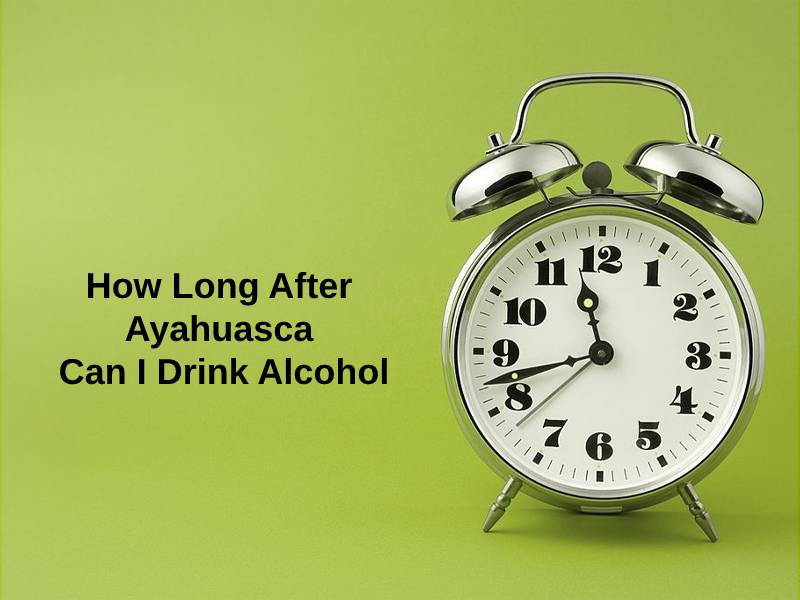
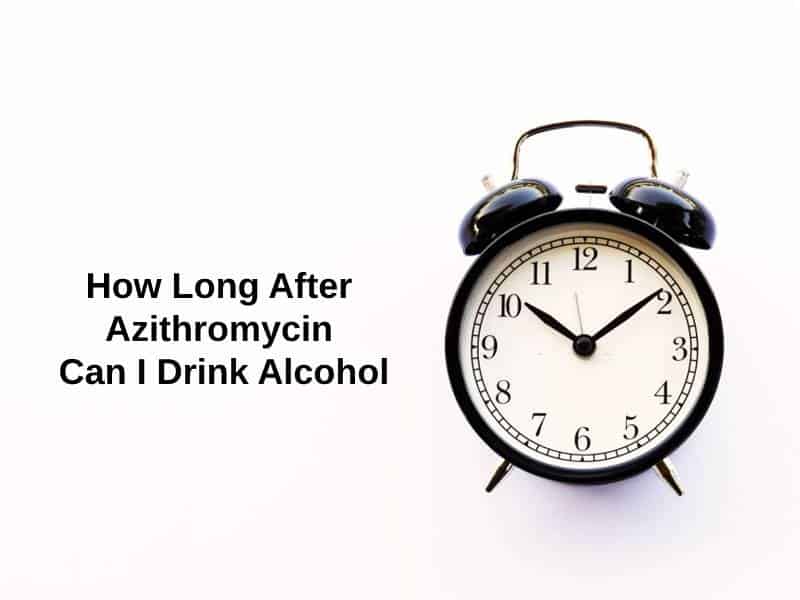
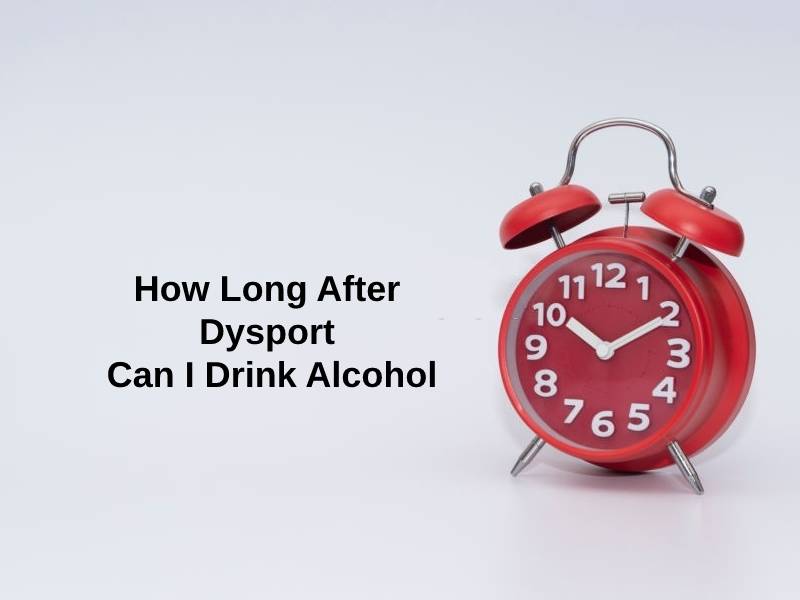
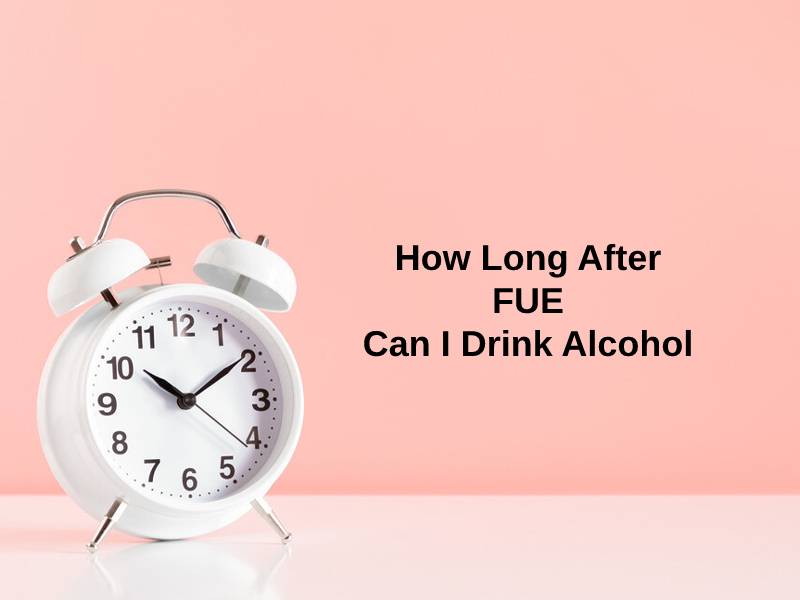
Doctors should emphasize this more when prescribing antibiotics. It’s important!
Absolutely, it’s a crucial factor in patient care.
This is essential information. Geat job sharing it!
I had no idea that alcohol and antibiotics could interact in such risky ways. Thanks for the insight!
Yes, I totally agree. Incredibly detailed information!